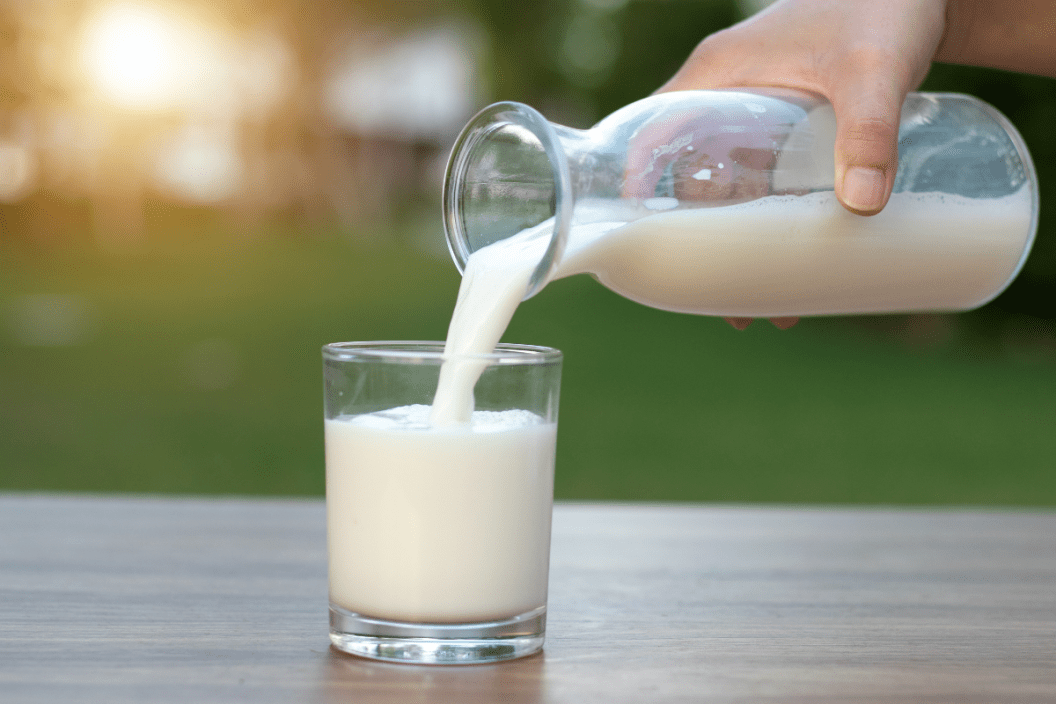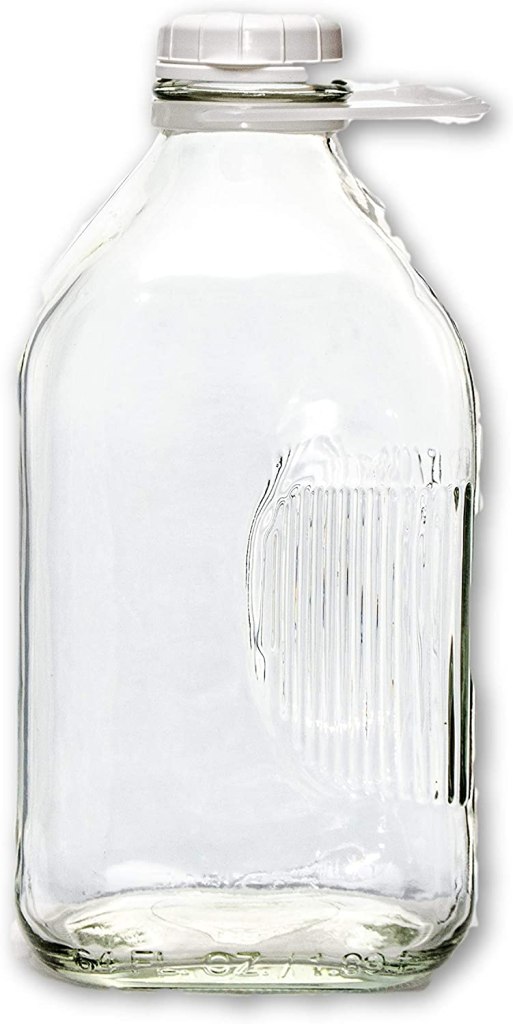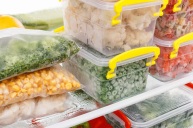There are few things worse than buying too much of an ingredient only to realize that you'll never eat or drink it in time. Far too many times I've bought a big spinach container or a bag of potatoes, feeling proud of myself for my foresight in stocking up, only to forget about them until they're about to go bad. Do I force myself to eat all of the potatoes in a matter of days, or do I throw them out? Another item that comes in large quantities and can lead to this conundrum is milk. It's wasteful to throw it out, but no one wants to drink a carton of milk in a day. The question is, can you freeze milk to use it for later?
Videos by Wide Open Country
Shelf Life of Milk
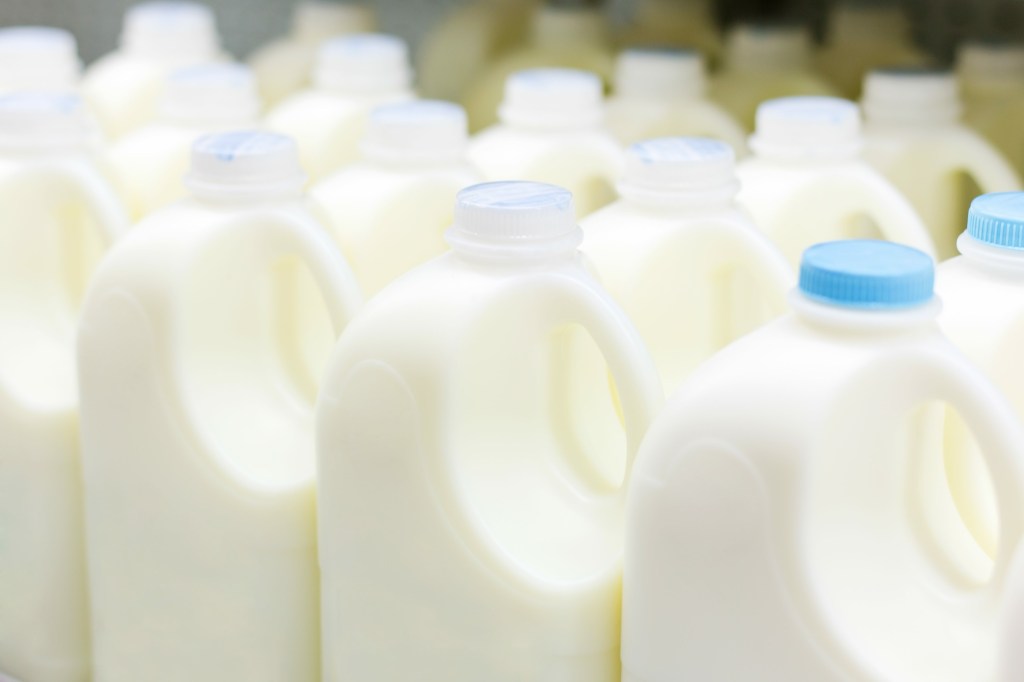
The problem of having more milk than you know what to do with is common for those who usually buy in bulk. Purchasing a gallon of milk rather than a half-gallon is a good way to save money, since it typically costs less per unit in larger amounts. This is also a great way to take fewer trips to the grocery store, always a perk for those with busy schedules.
Some people opt for non-dairy milk like almond milk, soy milk and coconut milk for health and environmental reasons. While these options have a longer shelf life than dairy products, they will also go bad eventually if you don't use them. Dairy milk lasts 5-7 days in the refrigerator, while non-dairy milk lasts 7-10 days.
Another factor in how long your milk will be shelf-stable is the packaging used. Milk stored in glass containers lasts longer than milk stored in plastic jugs because glass keeps milk colder and is non-porous. However, all milk will eventually go bad if not used, which is where freezing it comes in handy.
Can You Freeze Milk?
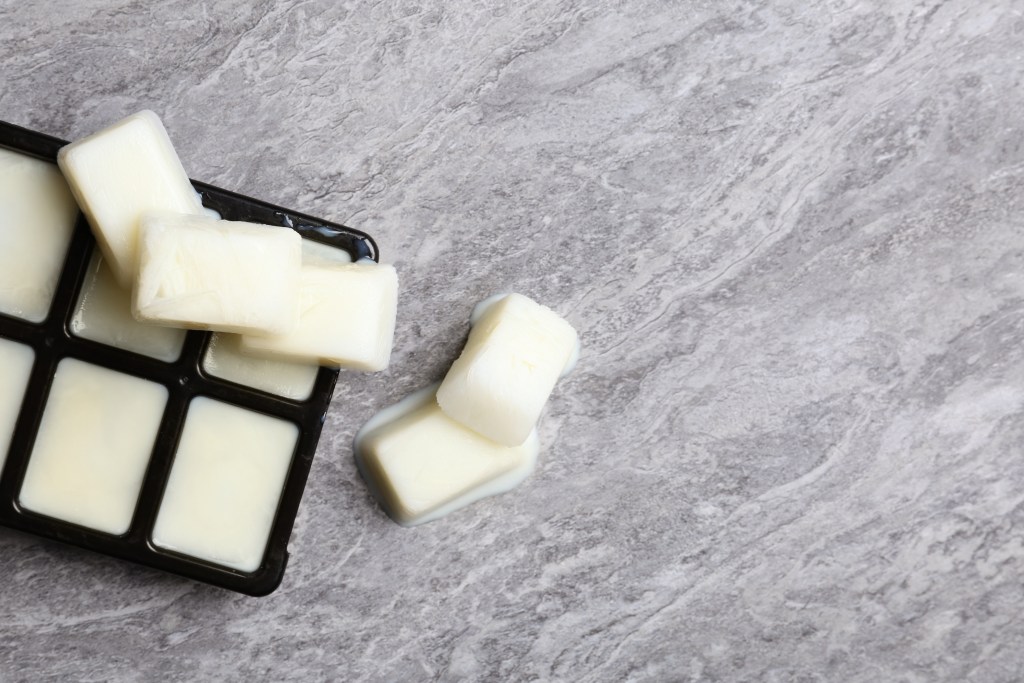
Yes, you can definitely freeze milk, and freezing milk is a great way to keep it from going bad! The next time you have an almost-full container of milk a few days from its expiration date, no need to go through the struggle of what to do with it. You can store frozen milk in the freezer for up to 6 months, so even if you can't get to it immediately, this is still a great option. However, it is best if you can use it within 1 month of freezing.
Once you decide to use your milk, it should be defrosted in the fridge, because thawing milk at room temperature increases the risk of bacteria. If you have a time constraint and need to thaw milk quickly, you should place it in a bowl of cold water while it thaws. Never thaw frozen milk in warm or hot water!
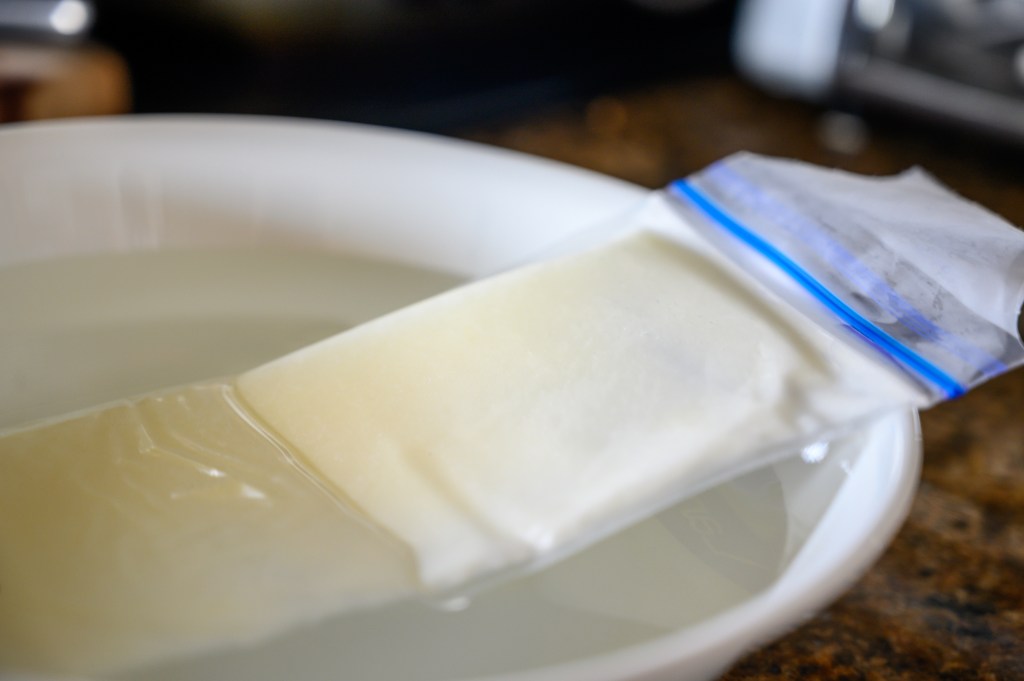
While frozen milk is safe to eat if used in time and defrosted correctly, it is best suited for cooking and baking. The texture of milk changes after being frozen, because the fat separates and causes a slushy or grainy texture. To make it more drinkable, pour your thawed milk in an immersion blender to smooth it out. If your recipe calls for milk and you decide to use frozen milk, it can be defrosted directly in the pot or pan as you cook.
When freezing milk, it's important to use airtight containers, as these are considered freezer-safe. For convenience, many people pour milk into ice cube trays and then place the frozen cubes in a plastic container or large freezer bag. That way, you can easily use small quantities at a time. If you do it safely, you can freeze milk and will never have to worry about spoiled milk again!
